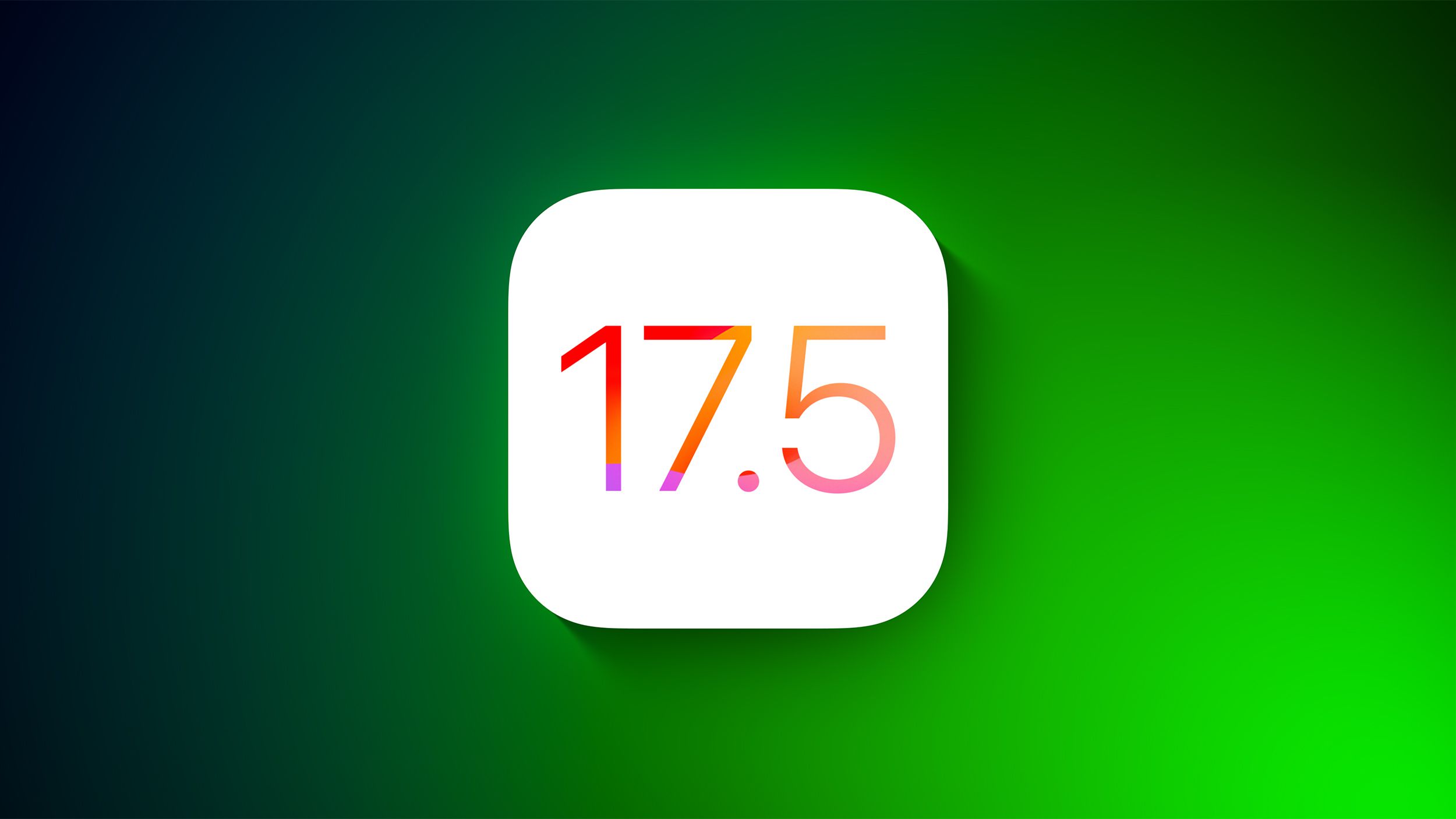Black Friday has arrived, with a wealth of discounts available from high street and online stores. But not every one of these deals is worth your time. In fact, research from consumer group Which? found that 98% of discounts included in last year’s Black Friday sales were not at their lowest-ever price.
With just 2% of items at a record-low price, you had to be really careful when adding items to your shopping basket. And we expect this Black Friday to follow a similar pattern.
So, we’ve scoured thousands of deals across the Black Friday sales to unearth the discounts that we’d recommend to our friends and family.
Whether you’re looking to buy Christmas presents, want to reduce your monthly broadband and phone bills, or simply want to treat yourself – the Black Friday sale can be a great time to make a purchase.
However, as the figures show, it’s not the case that everything sold in the Black Friday sale is a good deal. Which? says that 98% of the 66,000 items it tracked over the online shopping event last year were cheaper in the months leading up to Black Friday. To help you avoid any disastrous deals, we’ve also highlighted some of the worst price drops around.
What Is Black Friday?
Black Friday is an international phenomenon, with thousands of retailers taking part every year in a bid to drum up extra sales ahead of the holidays.
Its origins can be traced back to the United States, where millions would queue to get their hands on so-called “doorbuster” deals that were only available in-store after the Thanksgiving celebrations. Black Friday is believed to have started in the mid-20th century, although the exact date is not known.
Even the origins of the term “Black Friday” are disputed, with many incorrectly believing the name derives from the idea that businesses use the extra revenue from the sales to move from losing money (being “in the red”) to turning a profit (or being “in the black”), but this is untrue.
Most historians agree “Black Friday” originated in the 1960s Philadelphia police department. The story goes that the day after Thanksgiving, the city streets would be so congested with shoppers and tourists that police officers had to work extra-long shifts, referring to the day as “Black Friday” due to the chaos it unleashed.
British bargain-hunters weren’t introduced to the Black Friday phenomenon until 2010, when Amazon decided to import the sales event.
Feverish interest caused Amazon UK to struggle with demand, with discounted products selling out in minutes and the website struggling to stay online due to the vast number of visitors.
That huge level of interest from British shoppers sealed the fate of Black Friday in the UK. In 2015, Argos’ website when offline due to a colossal number of bargain-hunters trying to check the website at 00.01am on Black Friday.
The rise of online shopping not only brought Black Friday to UK shores, and many other countries around the world, but it’s also added a sister sale to the calendar. With virtual shopping baskets replacing physical ones, Cyber Monday was kickstarted by online retailers as a digital-only sale that followed Black Friday.
Originally intended as a distinct sale, with Black Friday specialising in its “doorbuster”, while Cyber Monday catered to those who wanted to shop on their phone, tablet or computer from the comfort of their own home …over time, the two sales have merged.
Most Black Friday discounts now run from Friday, throughout the weekend, and until the end of Cyber Monday.
When Is Black Friday?
Black Friday always falls in the fourth week of November. This year, Black Friday is held on November 24, 2023. In previous years, the Black Friday sales have fallen on:
- Friday November 25, 2022
- Friday November 26, 2021
- Friday November 27, 2020
- Friday November 29, 2019
- Friday November 23, 2018
- Friday November 24, 2017
When Do Black Friday 2023 Deals End?
Unfortunately, there’s not an exact date and time when all Black Friday discounts come to an end.
Instead, each retailer decides to bring its sale to a close at a different time. While some of the limited-time deals will end on Sunday evening, others will last until the end of Cyber Monday (November 27), and some retailers will keep their discounts running until December 1, 2023.
Never assume that your chosen discount will stick around until 11.59pm on Monday November 27 …as you might be disappointed.
If you’re not able to see an end date in the small print on the retailers’ website, it’s better to add the discounted product to your basket as soon as possible to avoid disappointment.
Even if a certain discount is scheduled to stick around until the end of the month, it could vanish early if the retailer runs out of stock. That’s something we’ve seen in the past when covering Black Friday sales, so it’s definitely something to watch out for.
What Is Martin Lewis’ Advice On Black Friday?
Martin Lewis has some very simple advice for those browsing the Black Friday sales.
Each year, the founder of MoneySavingExpert likes to remind shoppers that: “If you were going to buy it anyway and it’s half price, you’ve saved 50%. If you weren’t going to buy it, but do because it’s half price you’ve wasted 100%.”
The broadcaster reminded viewers of this rule of thumb during his Money Show Live on ITV earlier this week. Last year, Martin Lewis posted the advice on X, formerly Twitter, which you can read below.
My Black Friday shopping memo…
If you were going to buy it anyway and it’s half price, you’ve saved 50%.
If you weren’t going to buy it, but do because it’s half price you’ve wasted 100%.
— Martin Lewis (@MartinSLewis) November 14, 2022
One bulletproof way of making sure you stick to Martin Lewis’ rule is to write a list of the products you’re looking to buy in the Black Friday sale before you load-up a website or head to a high street store. No matter what deals you spot, stick with only the items on the list and you’re sure to avoid overspending.
Black Friday Scams, And How To Avoid Them
With the increased shopping activity around Black Friday, it’s perhaps no surprise that cybercriminals also use the sales event to double-down on their scams.
Barclays has issued an urgent warning as its research revealed a 22% increase in money lost due to scams throughout the Black Friday and Cyber Monday sales last year. Barclays’ data shows that shoppers lost an average of £970 on purchases that never arrived or weren’t as advertised.
Speaking about the research, Dr Peter Brooks, Chief Behavioural Scientist at Barclays, said: “People act differently under pressure, and scammers will take advantage of the way shoppers behave during Black Friday sales. Sales are typically all about speed, and scammers will play on people’s emotions to instil a sense of time pressure or create a perceived scarcity for an item.
“They will also bank on people not doing the appropriate due diligence before making a purchase, and getting swept up in the rush and excitement of Black Friday. Never feel pressured into making a purchase, and if something doesn’t feel right, take a step back and ask someone you trust – a family member, friend, or your bank – for advice.”
To help you enjoy the Black Friday sales without the risk of losing any money, we’ve put together some useful tips to make sure you avoid the most common scams.
1. Avoid Suspicious Links
These could be links sent in an email, text message, or online advert – if it doesn’t seem legitimate, don’t click it.
If you want to check the legitimacy of a text or email, clicking on the contact information of the sender can be useful. If the email address or phone number doesn’t seem to match up with that of the company they’re associating themselves with, it’s likely fake.
2. Steer Clear Of Browser Extensions
During the busiest sales periods, you’ll start to see a slew of “money-saving” browser extensions advertising themselves as a way to unlock the best discounts. Some of these browser extensions are legitimate, but others have been developed by scammers as a way of phishing data.
Most legitimate Black Friday discounts can be found direct on the retailers’ website, with no need for standalone software installed in your web browser. If you do opt to install extensions, make sure to do your research – inputting the name of the extension in sites like TrustPilot to determine whether it’s a legitimate source of buying advice.
3. Beware Bogus Gift Cards and Vouchers
Be wary of unsolicited emails or posts on social media offering incredible Black Friday deals via gift cards or vouchers. Scammers promise massive discounts not available anywhere else in exchange for personal information or payment.
But these too-good-to-be-true discounts are usually scams to siphon your personal data or payment information. Instead, stick with well-known retailers and their official channels for any gift card purchases. And be wary of tweets or Facebook posts advertising deals that seem suspiciously generous.
4. Watch Out For Unfamiliar Websites
It’s easy to get lost in the excitement of the Black Friday bargain-a-thon, but it’s always important to check where you’re ordering from.
Scammers have been known to host fake websites to sell products for an “amazing” price, when in fact they are using the opportunity to retrieve your data and bank details. These are often designed to mimic legitimate websites.
Always check the URL in the address bar of your web browser to see whether it seems legitimate.
5. Swerve Deals That Seem Too Good To Be True
Some scammers create enticing deals that seem too good to pass up. These can include counterfeit products, nonexistent items, or hidden fees. To avoid falling for these scams, research prices beforehand, be sceptical of deals that seem unrealistically low, and only shop from reputable retailers.
6. Be Wary Of Verification Code Scams
This is a type of scam designed to break the two-factor authentication used to secure your online accounts. Scammers will post as your bank or a company you’ve recently made a purchase from, claiming that you need to confirm the unique verification code to finalise a purchase.
Hackers who employ this technique will already have your username and password, but will be unable to login to the account without the unique six-digit code sent to your mobile number to verify your identity.
If you send that code to them, they’ll be able to access more of your data and potentially lock you out of your online account.

Robert Johnson is a UK-based business writer specializing in finance and entrepreneurship. With an eye for market trends and a keen interest in the corporate world, he offers readers valuable insights into business developments.








